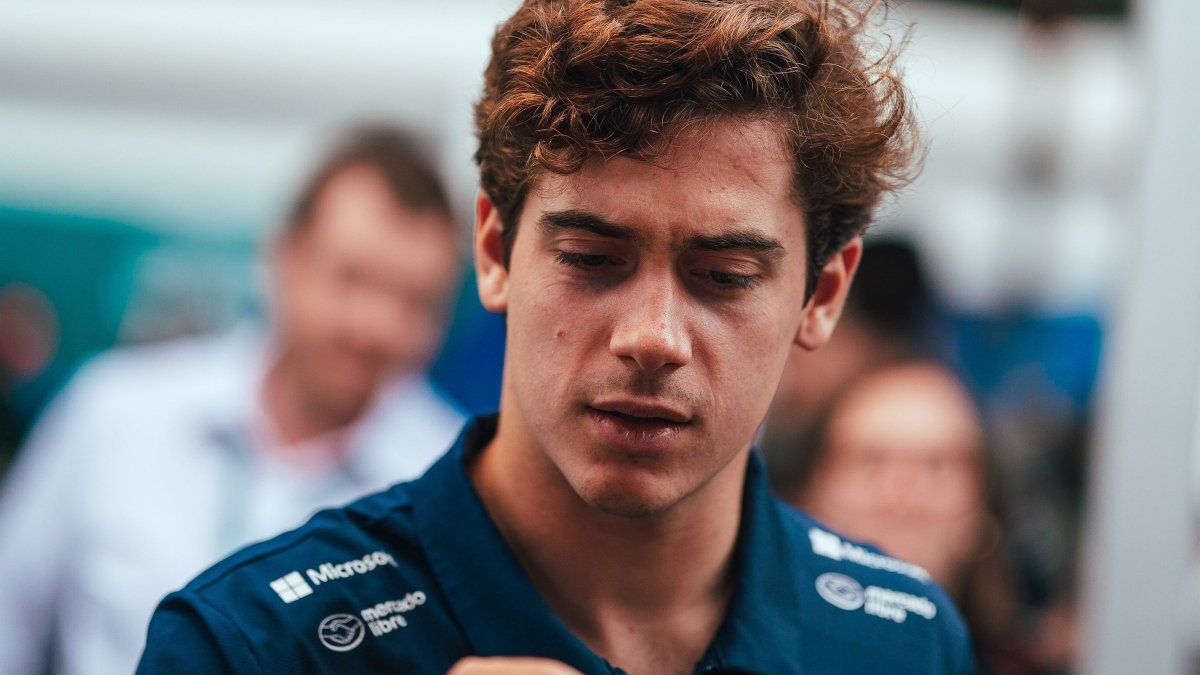I have been working in the news industry for over 6 years, first as a reporter and now as an editor. I have covered politics extensively, and my work has appeared in major newspapers and online news outlets around the world. In addition to my writing, I also contribute regularly to 24 Hours World.
Menu
CSU retreat in Seeon: One heart and one soul – Union celebrates the start of the election campaign
Categories
Most Read
Ricarda Lang: How the Green politician lost 40 kilos
October 27, 2025
No Comments
Ukraine war: Ukrainian drones fly towards Moscow
October 27, 2025
No Comments
Japan wants to flatter Trump with golden golf balls and US trucks
October 27, 2025
No Comments
Portrait: Left-wing favorite for New York City Hall: This is Zohran Mamdani
October 27, 2025
No Comments
The awakening of the US Democrats. The situation in the morning
October 27, 2025
No Comments
Latest Posts

This is how the rates appear in the main banks today, October 27, 2025
October 27, 2025
No Comments
October 27, 2025 – 10:52 Fixed term rates remain stable: Banco Nación offers 34% TNA, while private ones are between 32% and 33%. Depositphotos After

Franco Colapinto’s fight with Alpine after the Mexican Formula 1 Grand Prix: “It can’t get worse”
October 27, 2025
No Comments
The Argentine pilot Franco Colapinto demonstrated his disagreement with his performance in the Mexican Grand Prixin which he took his Alpine to the 16th placebelieving

Taxes: why simplicity and fairness must be the new tax contract
October 27, 2025
No Comments
Argentina needs a tax reform that complies with a transparent, agile and predictable processwhich releases productive resources and strengthens the relationship of trust between taxpayers
24 Hours Worlds is a comprehensive source of instant world current affairs, offering up-to-the-minute coverage of breaking news and events from around the globe. With a team of experienced journalists and experts on hand 24/7.

